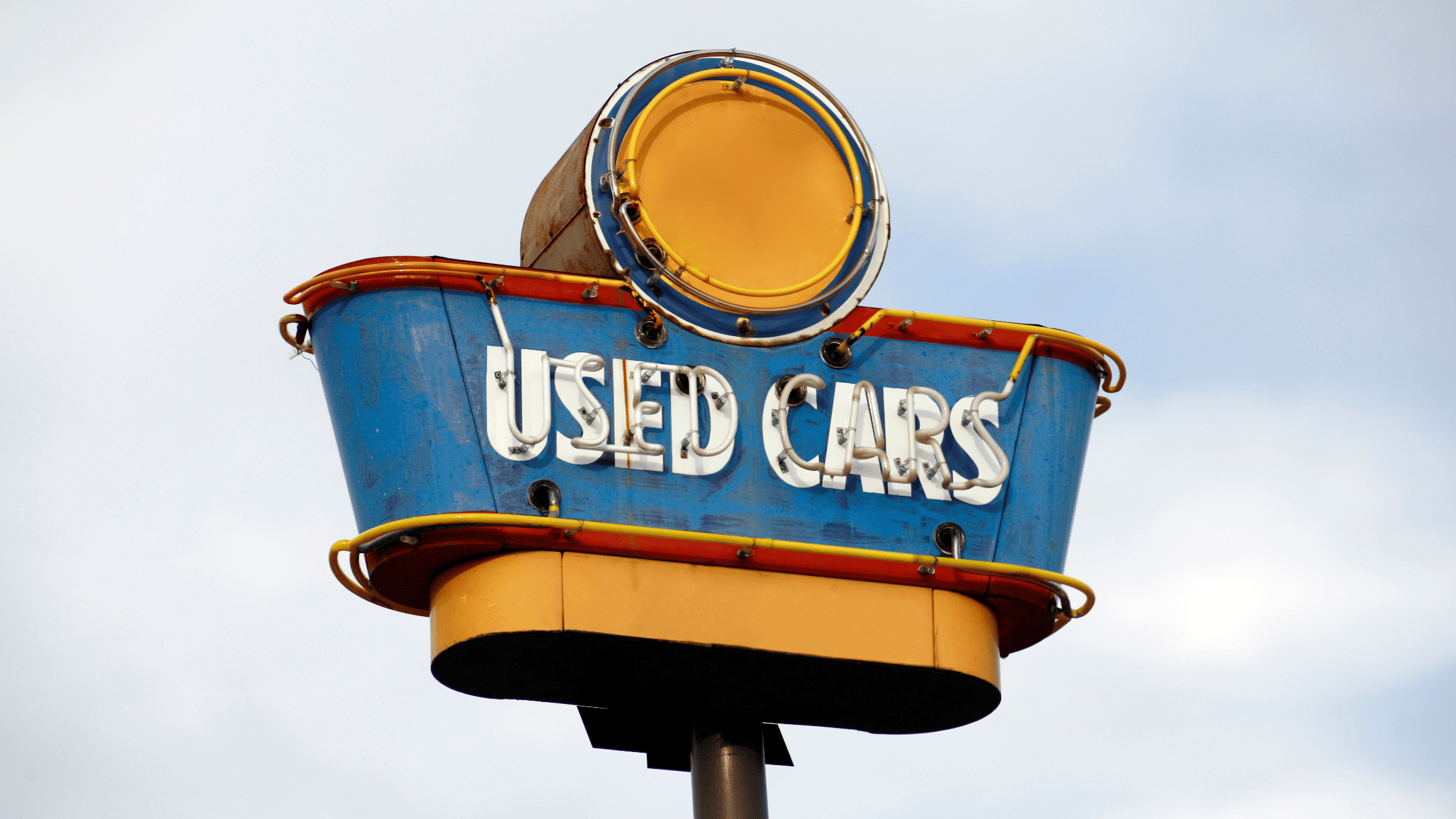Ranking well for “used cars near me” is not about manipulating an algorithm. It is about understanding how buyers search, how Google processes that search, and how your dealership’s digital presence either aligns with or misses those signals. For marketers who work in this space every day, the answer lies in consistent execution and a well-informed strategy. Winning local queries requires building an online presence that clearly communicates what you sell, where you are located, and why your business is the most relevant option for a customer nearby. When this message is reflected accurately across your Google Business Profile, your website structure, individual inventory pages, and local content, your dealership becomes a clear match in both search results and buyer intent.
Mastering Local Presence with Google Business Profile and Reviews
Most local car buyers begin their search on a smartphone. Within seconds, they type “used cars near me” and expect results that show what is available, how close it is, and how fast they can act. Google treats this query as high intent with a strong location component. While you cannot change your physical location, you can influence how relevant and prominent your business appears in local results.
Relevance depends on how well your business profile and content match the searcher's needs. Your Google Business Profile should be complete, accurate, and continuously maintained. Use product listings to highlight used inventory, select all relevant categories, and make sure photos, hours, and service areas are updated often. A fully built-out profile gives Google confidence in your business, which can improve your visibility for local searches.
Prominence is established through consistent activity and signals of trust. Online reviews are a major part of that. Each review not only reflects customer satisfaction but also reinforces your local authority through keywords and city mentions. For example, when a reviewer writes, “Bought a used Jeep Grand Cherokee here in Charlotte,” they naturally insert terms that Google uses to verify relevance. Encourage detailed reviews as part of your delivery or follow-up process, and take time to respond professionally. Active engagement signals to Google that your dealership is attentive and relevant to your local market.
Building Inventory Pages and Geo-Targeted Content That Performs
Your website must serve both your human visitors and the search engine that ranks your pages. This starts with structure. Instead of relying on one or two inventory pages, treat each used vehicle listing as its own opportunity to rank. Every page should have a clean URL, a descriptive title tag, and clear metadata. A headline like “Used 2020 Ford Explorer XLT for Sale in Sacramento, CA” does far more work than a vague label like “vehicle 12345.” Include this detail in the page copy too, using natural language that reflects how shoppers search.
Local content is just as important as individual inventory listings. Your site should include location-based landing pages for every area you serve, especially if you pull customers from surrounding cities or suburbs. These pages should be unique. Avoid copying content and changing the name of the town. Instead, write about what matters in that location. Mention local roads, common commutes, or vehicle types that suit that region. If one community is known for outdoor recreation, emphasize used SUVs or trucks with 4x4 capabilities. In another, compact hybrids might be more relevant. Make each page feel like it belongs to that community.
Site performance is another critical factor. A slow or clunky website harms your SEO, especially on mobile. Local searches are mobile-first by nature, and Google prioritizes fast, easy-to-use experiences. Compress your images, limit unnecessary scripts, and streamline your design to keep load times under three seconds. Make sure inventory pages display pricing, photos, specs, and lead forms in a format that is clean and accessible on a phone. A better user experience helps lower bounce rates and improves time on page, which are both behavioral signals that support higher rankings.
Using Technical SEO, Local Links, and Schema to Lock in Visibility
Structured data, or schema markup, gives Google a clearer understanding of your content. This includes vehicle schema to describe each listing, business schema to confirm your address and hours, and review schema to connect your testimonials to the products you sell. When applied correctly, schema helps your listings show rich features in the search results, such as price ranges, star ratings, or availability. These enhancements improve your visibility and make your listings more appealing to users scanning the page for quick answers.
Local link building is often misunderstood. This is not about getting backlinks from general automotive sites across the country. It is about creating a network of digital connections that reflect your actual presence in the community. If you sponsor a school event, make sure your dealership is listed on their website. If you partner with a local vendor, see if they can include a link on their resources page. These local references carry weight because they confirm to Google that your business matters to the area where the search is happening.
Social activity also contributes in smaller ways. When you post used vehicle spotlights on platforms like Facebook or Instagram and link back to those listings, you generate traffic and interactions that support your visibility. Add location tags when possible and encourage comments. While social media does not directly influence SEO, it does affect user behavior and brand familiarity, both of which can improve performance over time.
Winning the “used cars near me” keyword requires discipline, detail, and consistency. The dealerships that dominate local search results are the ones that do the work continuously. They update inventory with proper metadata, maintain accurate local listings, build city-specific content, generate real customer reviews, and structure their website to perform under pressure. None of this is about tricks or shortcuts. It is about aligning your digital presence with how customers actually search and how Google chooses to serve results.
If your dealership is ready to build a local SEO strategy that delivers real results, Star Performance Marketing has the tools and insight to help. Our team works with automotive retailers who need structure, clarity, and a plan that converts search traffic into sales appointments. From technical audits and inventory optimization to geo-targeted content and review management, we create systems that support your growth in highly competitive markets. Schedule a discovery call with us today to find out how your dealership can win the next “used cars near me” search result—and the ones after that.







